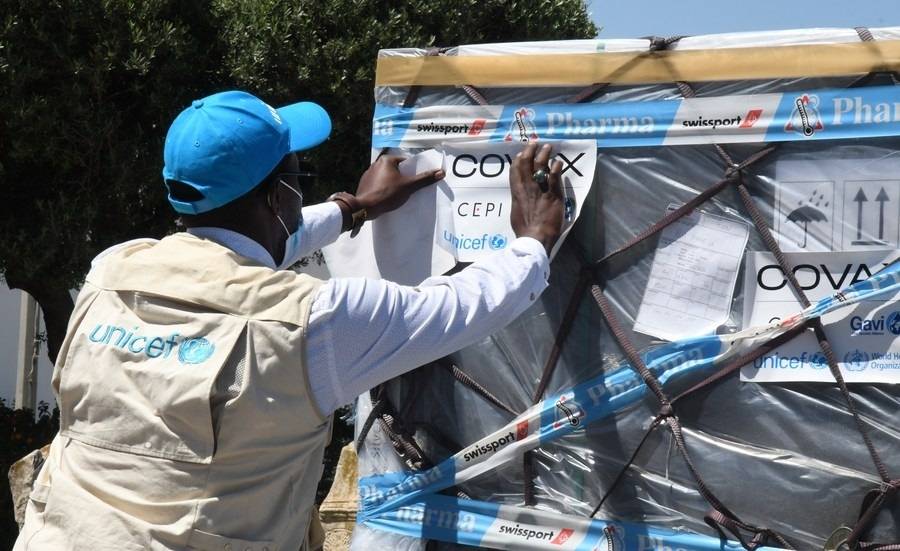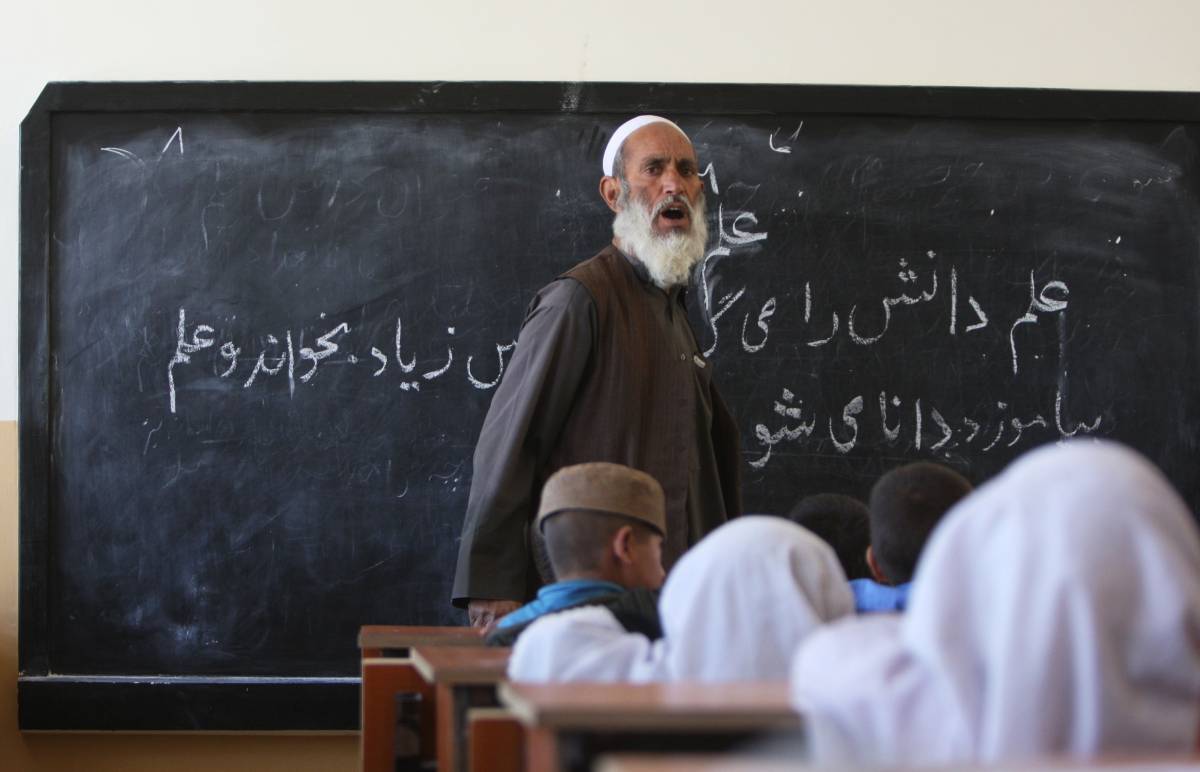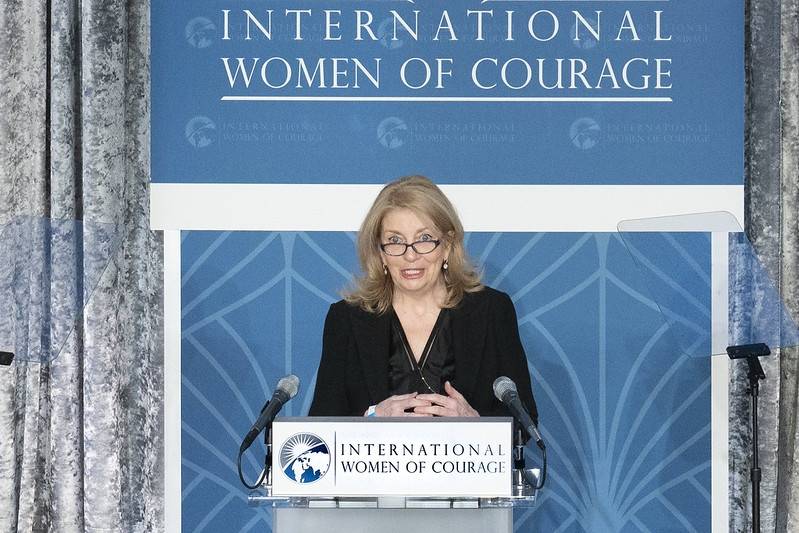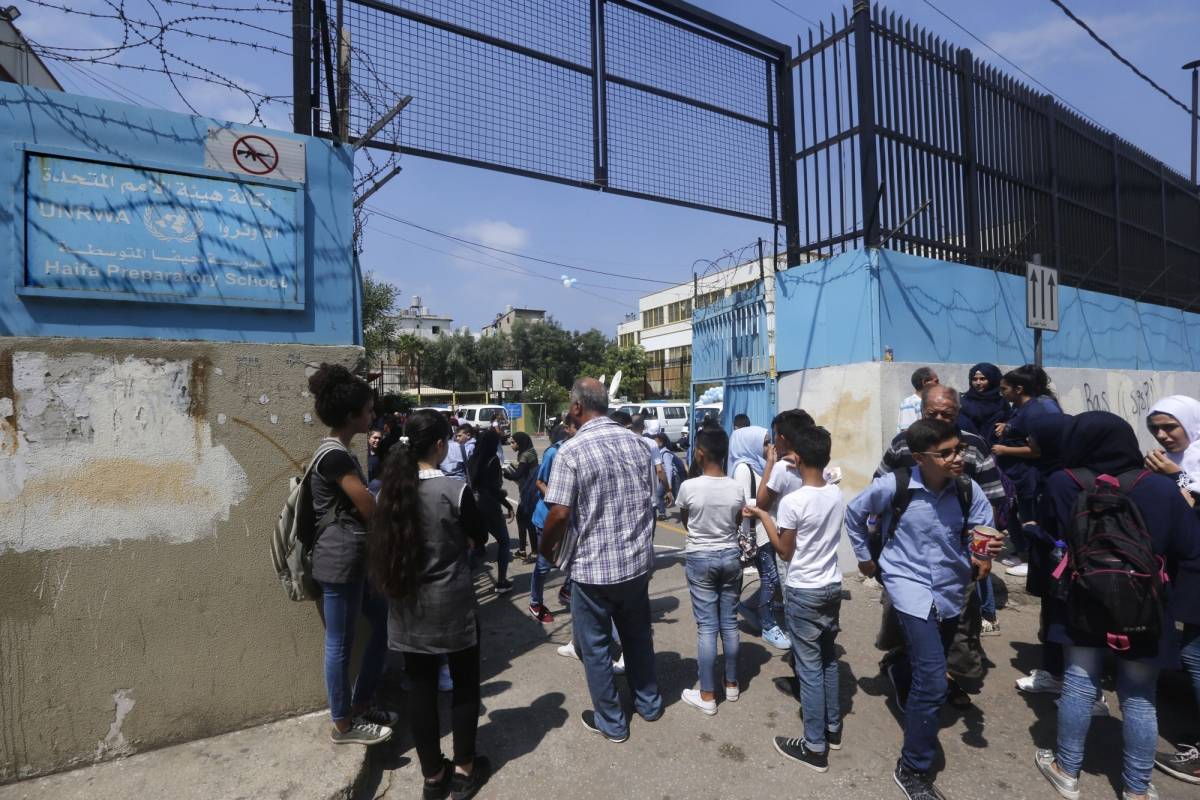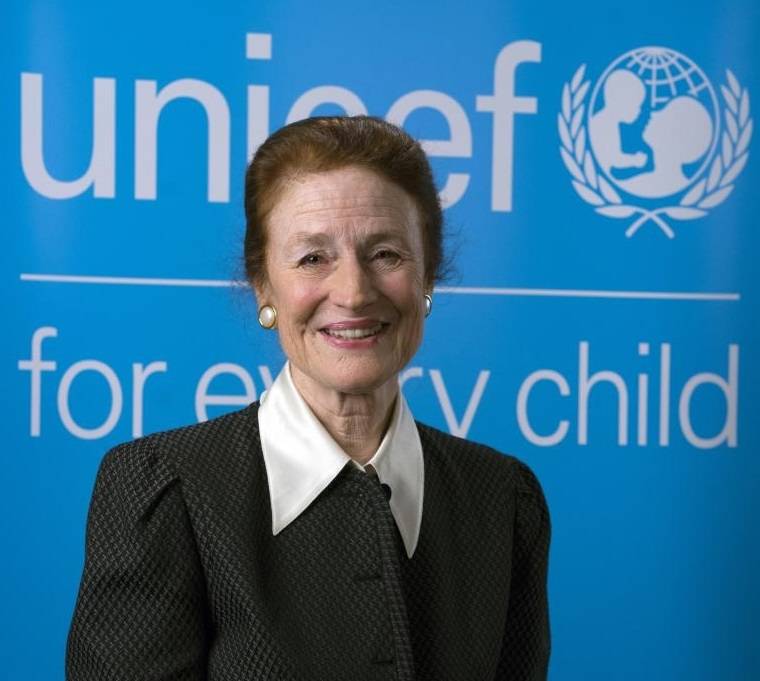The communication campaign will run through the month of March and across multiple media platforms and messaging on the joint health services will be featured on billboards…reports Asian Lite News
South Sudan’s Ministry of Health, World Bank, and UNICEF launched a communication campaign to highlight the ongoing joint health programme and increase awareness among a broad coalition of partners to increase investment in the health sector.
The communication campaign will run through the month of March and across multiple media platforms and messaging on the joint health services will be featured on billboards, videos and public service announcements, Xinhua news agency reported.
“The communication campaign will highlight the importance of various health interventions, including immunisation campaigns and the vaccination against Covid-19,” UNICEF said in a joint statement issued in Juba, the capital of South Sudan.
It said the national communication campaign will highlight the joint project of the Ministry of Health, the World Bank and UNICEF supporting Covid vaccine deployment in the country as well as the provision of essential health services for the most vulnerable populations in two of the most hard-to-reach areas — the States of Jonglei and Upper Nile.
It also said that the messages of the national communication campaign will be aired on radio channels and promoted on billboards and the media platforms of the three sides from Tuesday, highlighting the work done to support access to essential health services to the most vulnerable populations in South Sudan.
It warned that preventable diseases like malaria, diarrhoea, pneumonia continue to exact a heavy toll on children and women nationwide.
ALSO READ: Food stocks in Sudan could run out in one month: UN
Since 2018, the three sides have been working together to implement a World Bank-financed health sector project that provides essential maternal and child health services in Jonglei and Upper Nile States.
According to the UN Children’s Fund, the project has so far contributed to immunising 156,991 children with the penta 3 vaccines and 153,394 children with the measles vaccines and provided 67,956 pregnant women with antenatal care services.
It also ensured that 26,358 newborns were delivered with the help of skilled health personnel. In 2021, the project facilitated the delivery of 587 metric tons of medical supplies and medicines and supplied soap, buckets, and water purification tablets for 685,000 people in both states.

